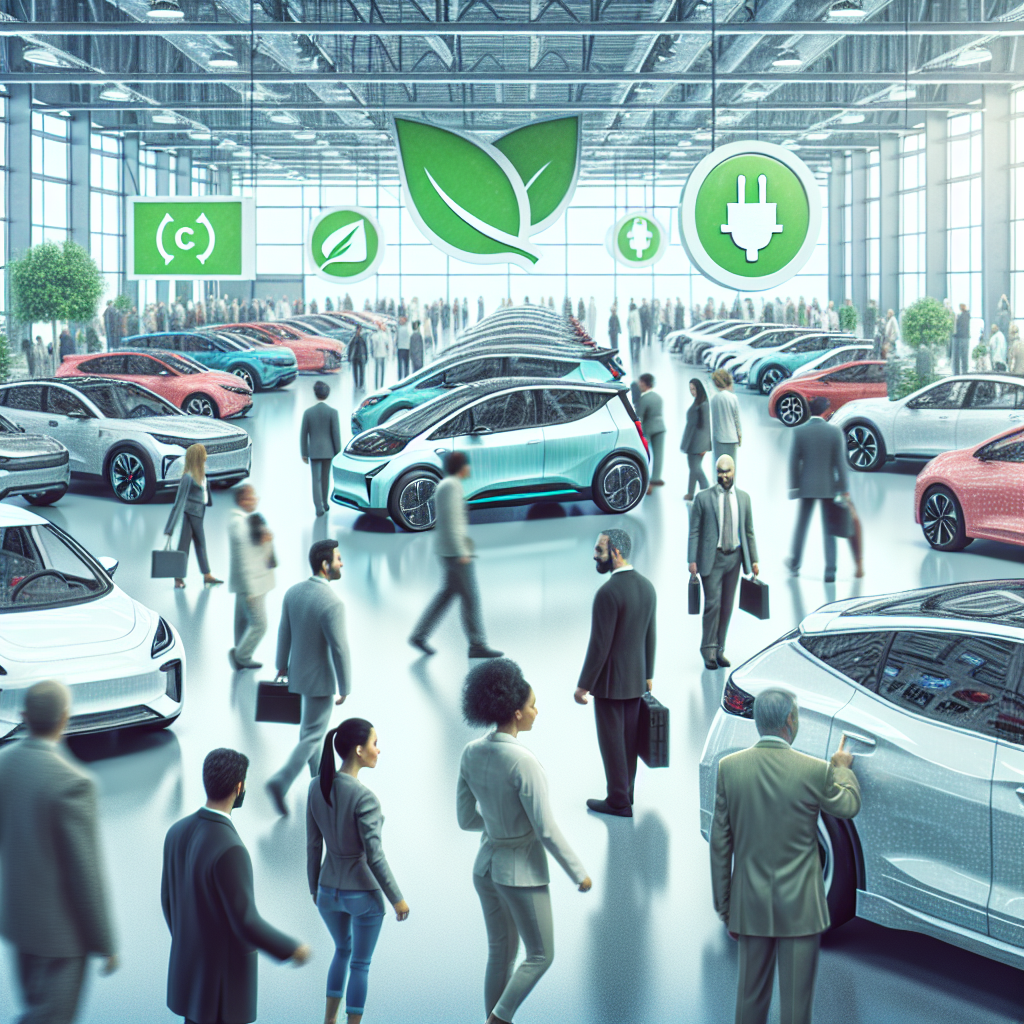
The automotive industry is experiencing a significant shift toward electric vehicles, with multiple manufacturers reporting substantial growth in EV sales during the third quarter of 2025. While overall vehicle sales have reached new heights, with automakers selling 37.6 million vehicles since January, the industry faces an interesting paradox as net profits have declined by 69 percent during the same period [1].
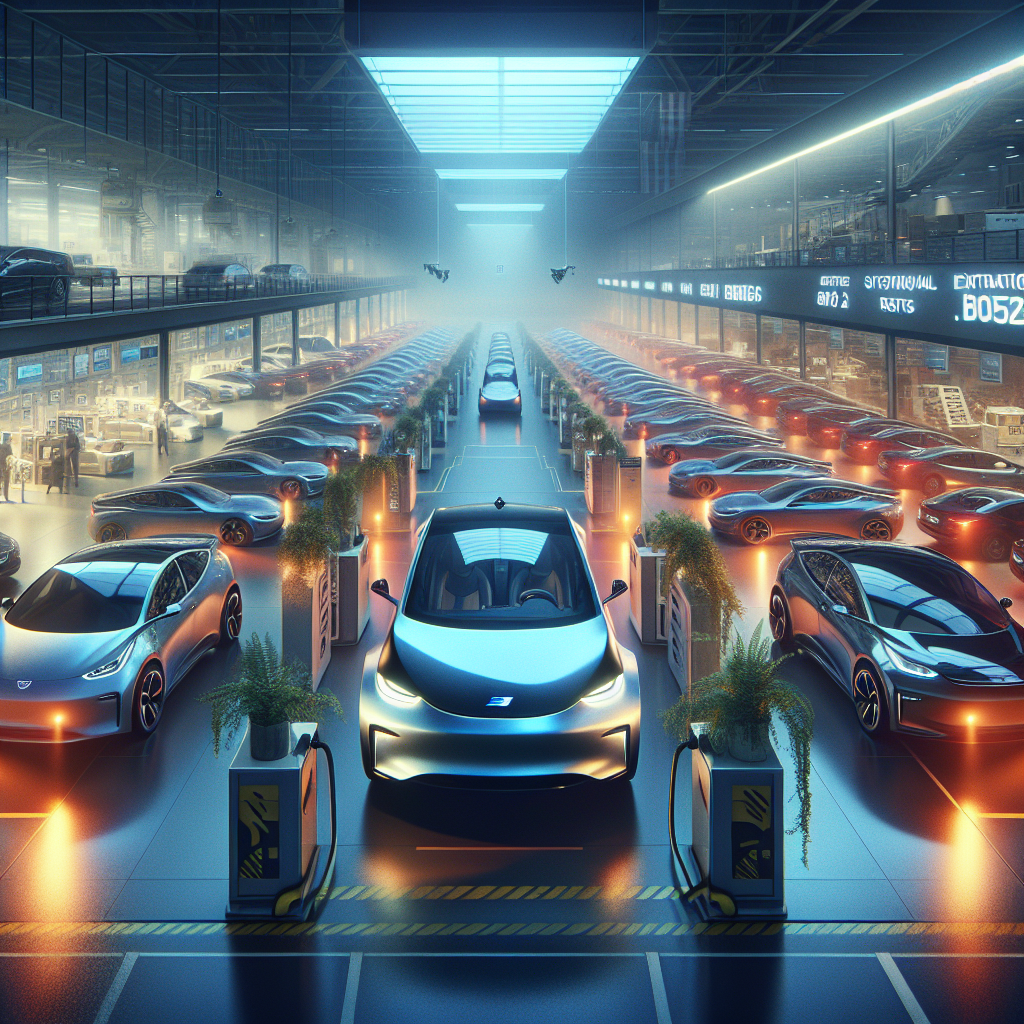
As federal tax incentives for electric vehicles expire in the United States, automakers are implementing diverse strategies to maintain sales momentum. From dramatic price cuts to manufacturer-backed rebates, companies are working to keep EVs attractive to consumers despite the loss of the $7,500 federal tax credit. Meanwhile, international markets show contrasting approaches to EV adoption incentives.
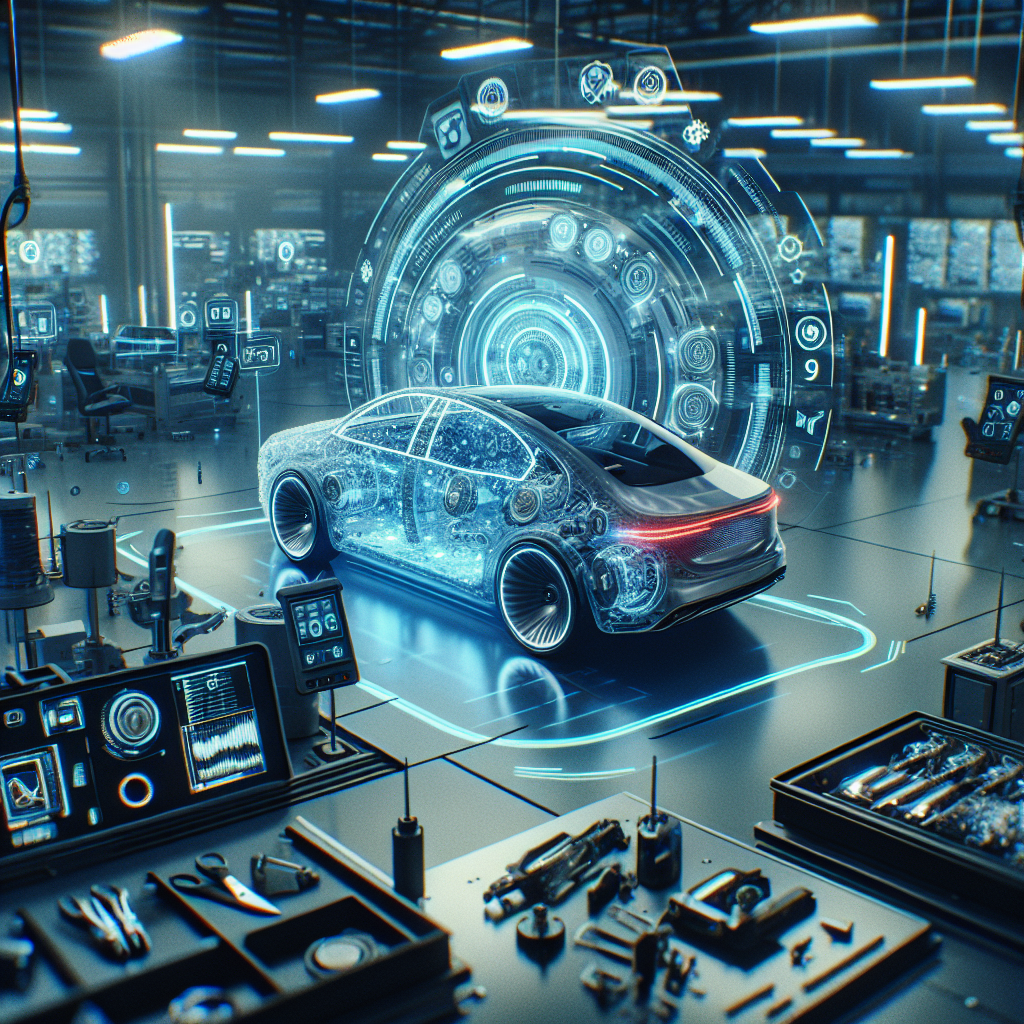
Jaguar Land Rover (JLR) is resuming its global production operations following a devastating cyberattack that forced a complete shutdown of its manufacturing facilities in early September. The British automaker is now working to secure additional funding to recover from the incident's financial impact, while the UK government has stepped in with substantial support to help stabilize the situation.
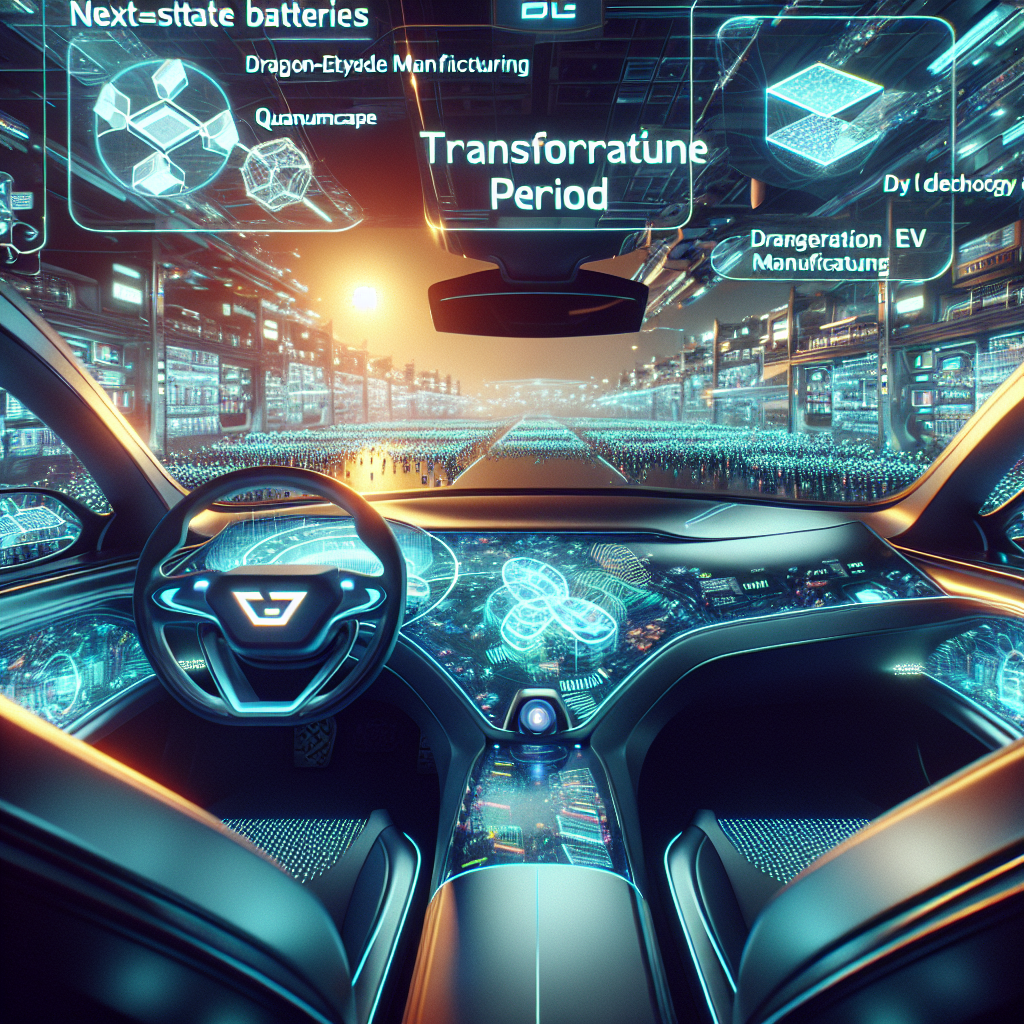
The electric vehicle battery landscape is experiencing a significant transformation as major manufacturers make breakthrough advances in solid-state and dry electrode technology. Leading companies are forming strategic alliances and scaling up production capabilities, signaling a new era in battery manufacturing that promises to deliver improved performance, faster charging times, and enhanced safety features.

A series of significant automotive safety issues have emerged, including multiple vehicle recalls from major manufacturers and dramatic racing incidents. The automotive industry faces challenges ranging from fire risks in luxury vehicles to dangerous counterfeit airbags, while motorsport witnessed several notable crashes across different racing series.
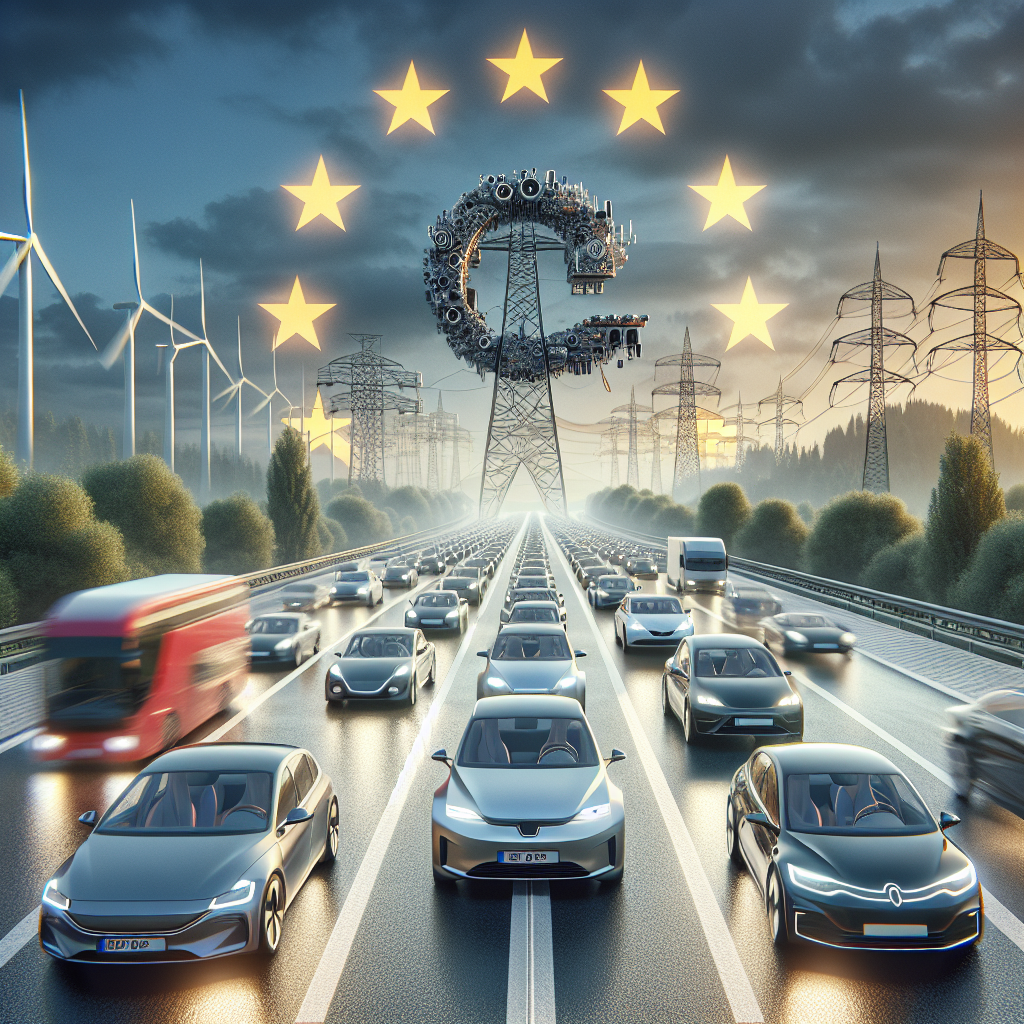
The European electric vehicle landscape is experiencing significant changes as Chinese manufacturer BYD continues to strengthen its market position while traditional leaders adapt their strategies. Recent market data shows evolving consumer preferences and manufacturing adjustments among key players, reflecting broader shifts in the continent's EV ecosystem.

The rally world has witnessed multiple championship developments across different series, with notable victories marking significant milestones for several drivers. Jos Verstappen, father of Formula 1 star Max Verstappen, has secured the Belgian Rally Championship title in a remarkable achievement that coincides with his son's success in GT3 racing [1].
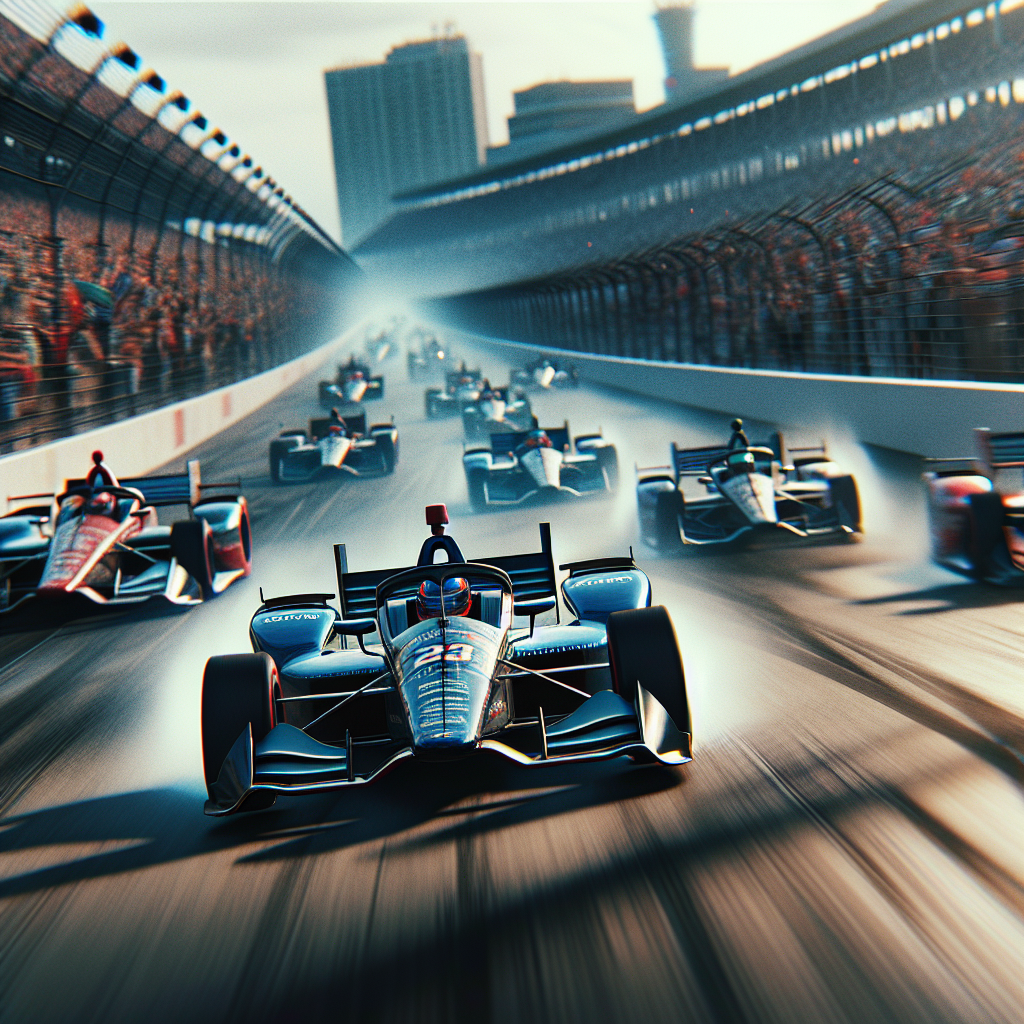
Former Formula 1 driver Mick Schumacher is preparing to take his first steps into IndyCar racing, marking a potential new chapter in his motorsport career. The German driver, currently competing in the World Endurance Championship (WEC) with Alpine, has secured a testing opportunity with Rahal Letterman Lanigan Racing that signals his strong interest in returning to single-seater competition [1].
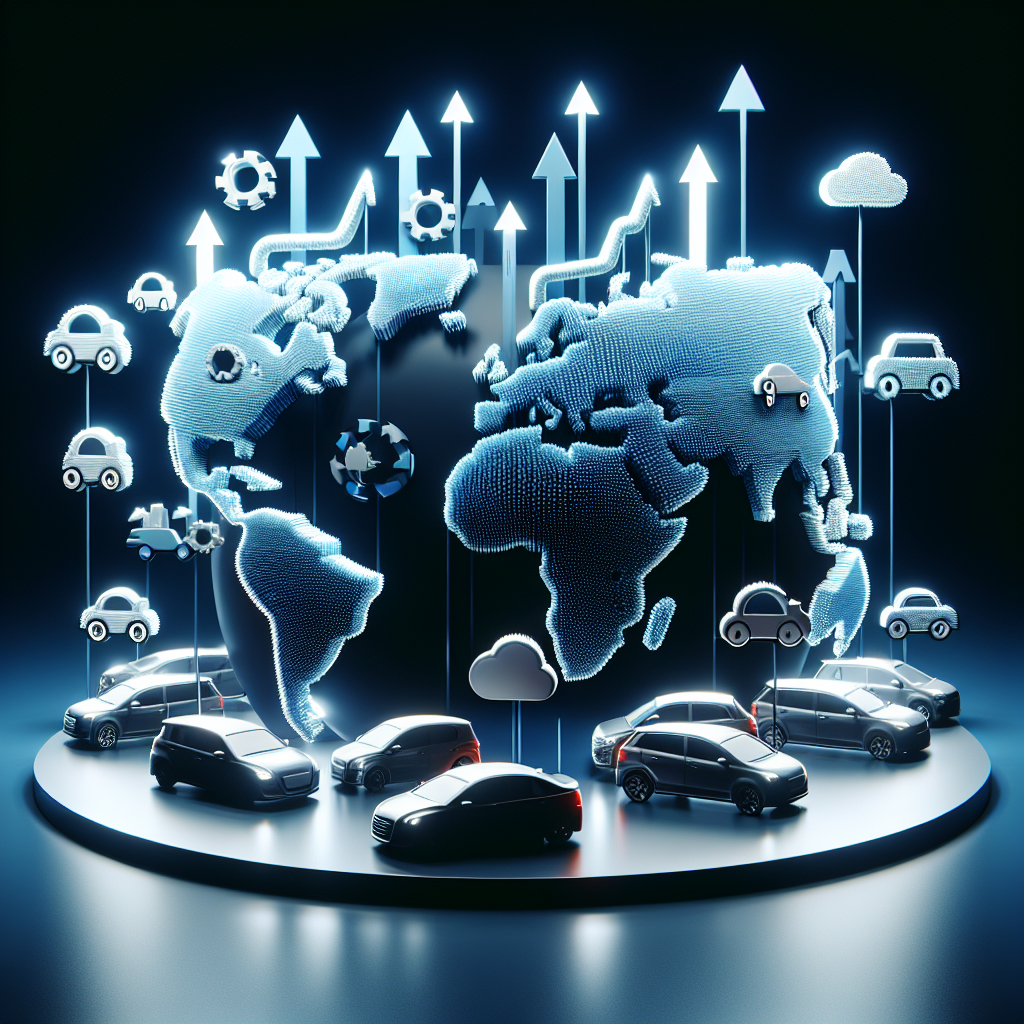
The global automotive market continues to evolve with significant regional variations in sales performance. Toyota maintains its strong momentum with an eighth consecutive month of growth, while electric vehicle manufacturers make notable gains in key markets. European markets show interesting shifts in consumer preferences, with crossovers and compact vehicles leading the sales charts.
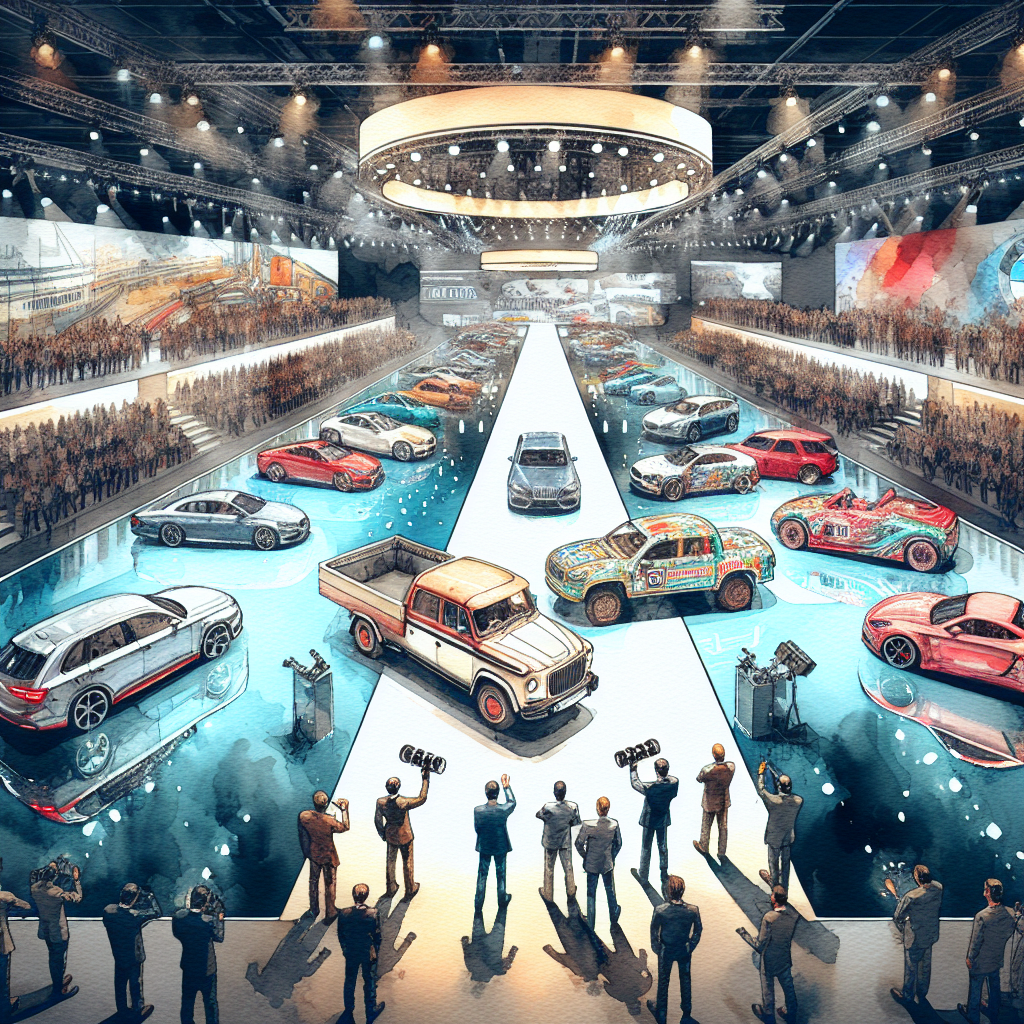
The automotive world is experiencing a remarkable season of cultural celebrations, with several prestigious events showcasing the intersection of cars and artistry. From stunning Italian masterpieces to innovative BMW art cars, these gatherings are highlighting the automotive industry's rich heritage and creative spirit.